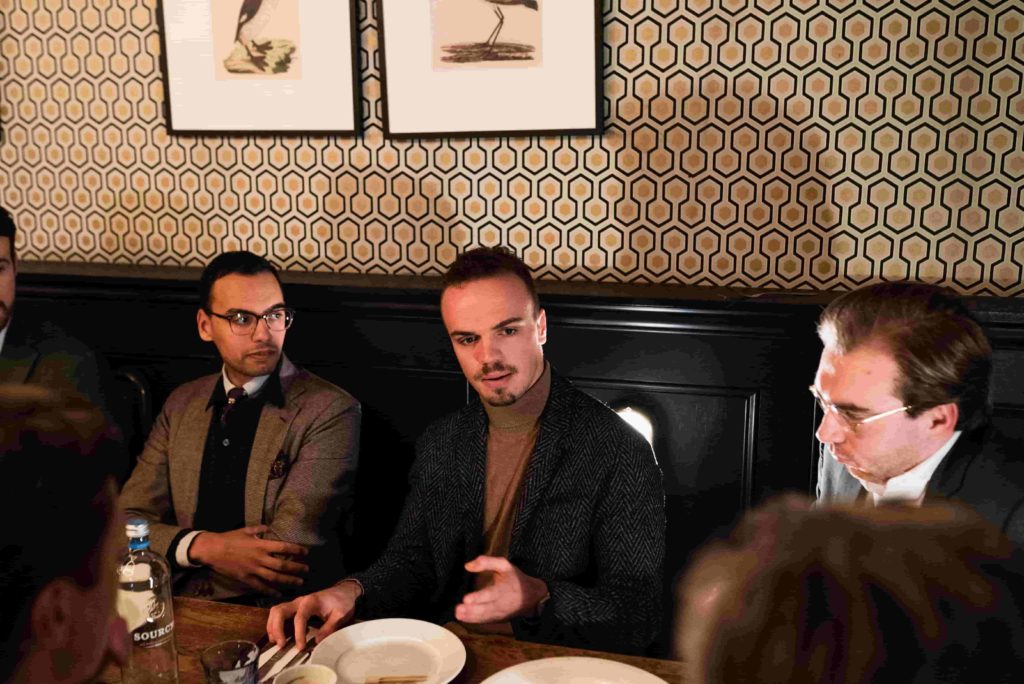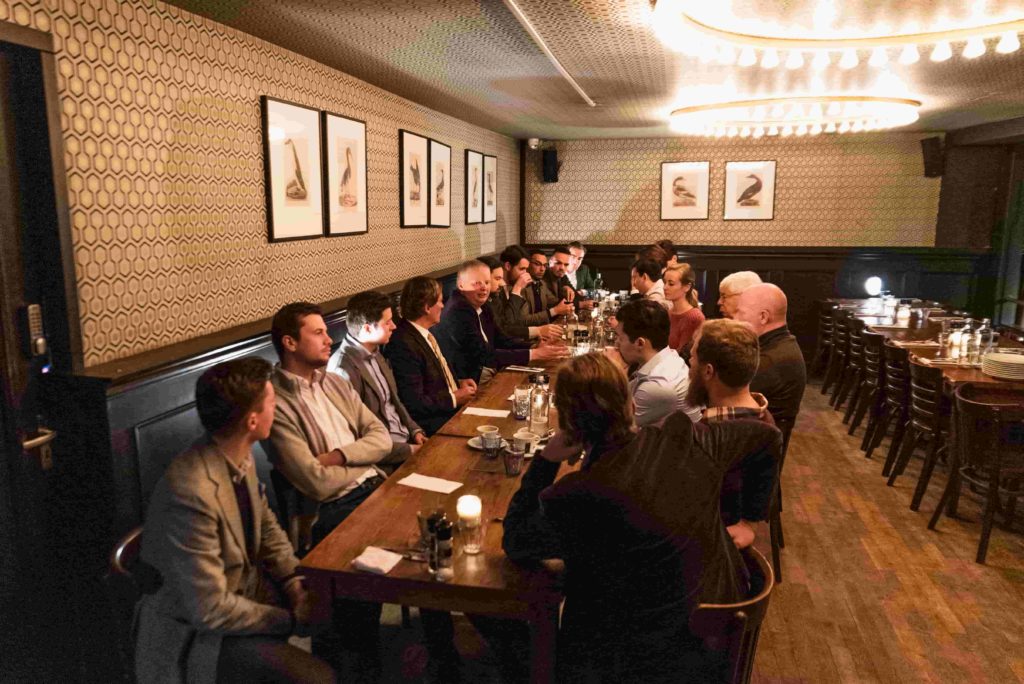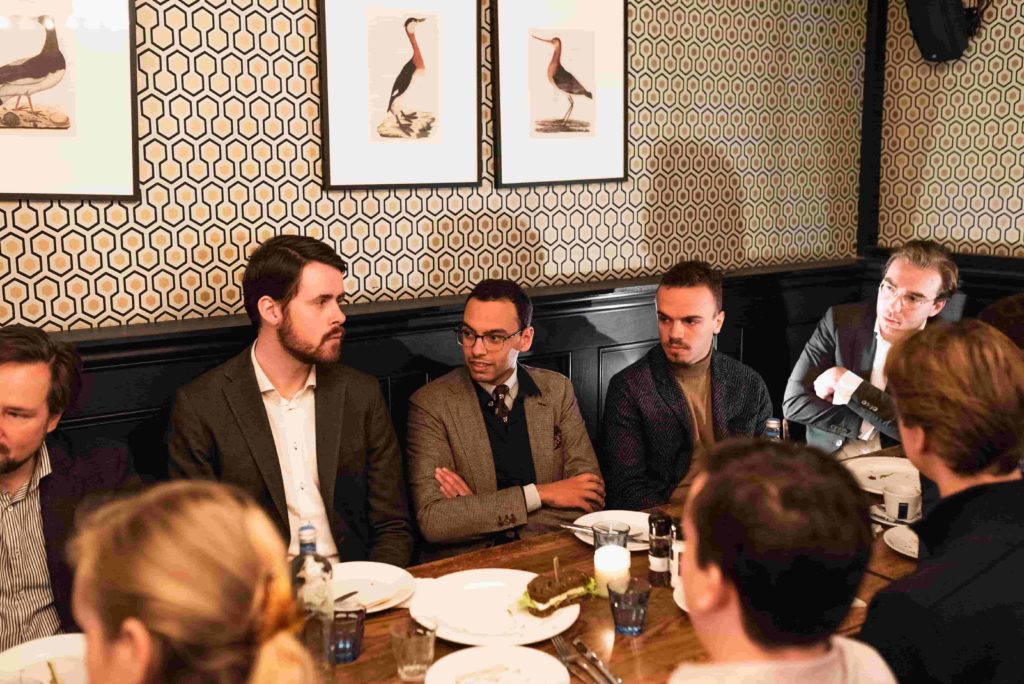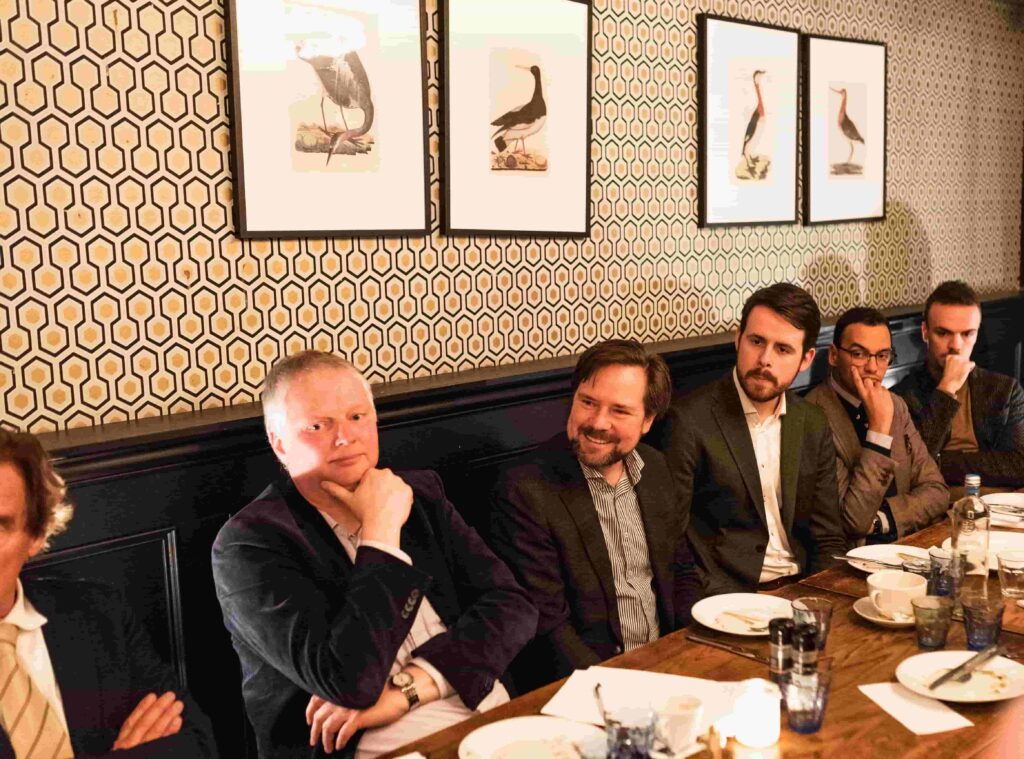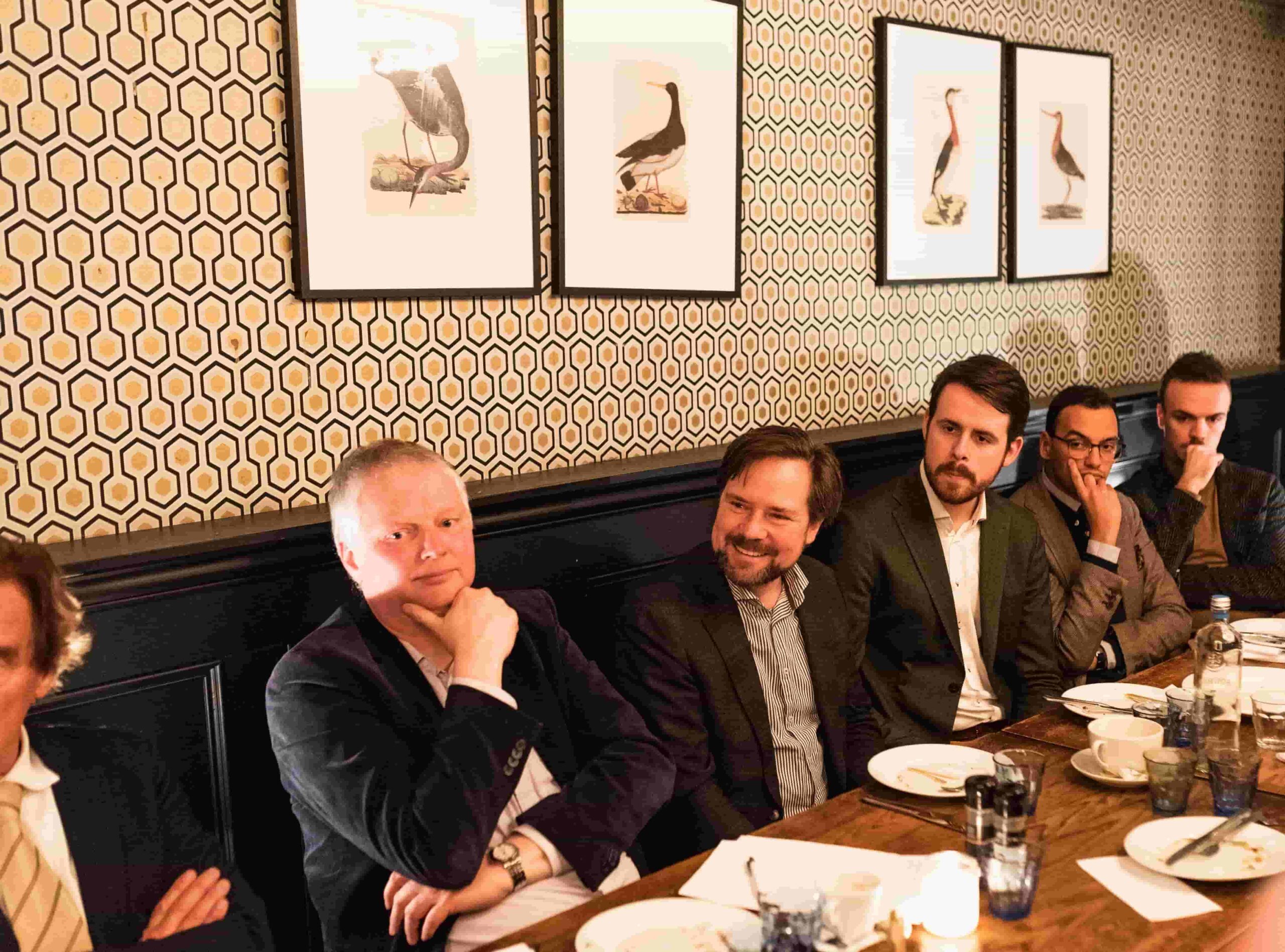On Saturday January 28, 2023, Common Sense Society-The Netherlands organized a Winter Lunch and discussion with guest speaker Wouter Roorda. Roorda is an economist by training with a wealth of experience working at various government departments in The Hague. After he left the civil service, Roorda started writing as an independent journalist for Wynia’s Week and Doorbraak.be, amongst others. The debate focused on the financing of Dutch public opinion.
Click here for a YouTube interview with Wouter on this topic and here for an overview of his articles for Wynia’s Week. (Dutch only)
What did we discuss?
The funding of Dutch public opinion has been unbalanced for decades: there are virtually no financially powerful foundations representing interests other than those of the left. Progressive and progressive-liberal NGOs are funded by the postal code lottery and by government subsidies; the rest lose out.
The criteria by which these funds are allocated are subject to the fashion of the times and often to the political preferences of the officials in charge. The taboo on other opinions within official circles and the leadership of the postal code lottery make it very difficult for foundations that do not embrace the progressive or progressive-liberal ethos to be awarded funds. Thus, NGOs that influence public opinion far and wide have become the activist and ideologically driven equivalents of industrial lobby clubs.
The nature of the average NGO has also changed. Whereas they used to work towards their own clear and unambiguous individual goals, increasingly they are combining goals that fall within the dominant ideology. For example, foundations that used to raise money exclusively for poverty alleviation now also raise donations for sustainability, women’s rights, and gay emancipation. As the ideological playing field is narrowed further, such charitable entanglements make it even harder for those with different views to successfully apply for grants. What grant makers understand as charity is more and more defined within the confines of the prevailing dogmatism.
What may we conclude?
To have a substantial, lasting influence on public opinion, it is necessary to create high-quality new information channels that operate outside of established funding sources. In addition, a competitor to the postal code lottery would be a way to break the leftist monopoly on the charity industry. At the same time, dissenters will have to master the jargon that is fashionable in grant-giving Holland in order to start a ‘long march’ through the existing institutions. Finally, it is a good idea to study the financial ins and outs of subsidy-guzzling progressive NGOs. A lot of information may be gained through Freedom of Information requests.
